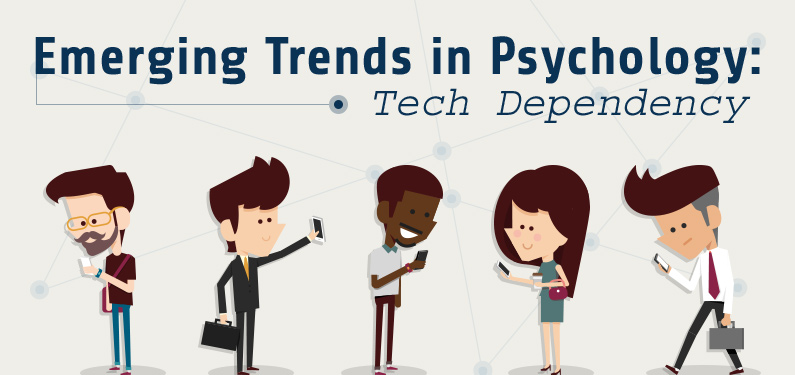Digital Dependency Risks Balance. In today’s fast-paced world, it’s no secret that people have become overly dependent on technology. From smartphones to laptops, tablets to smartwatches, technology has infiltrated nearly every aspect of our lives. While there are undeniable benefits to this technological revolution, there are also significant drawbacks that cannot be ignored. In this article, we’ll explore the implications of our growing dependence on technology and discuss how we can strike a balance between embracing innovation and preserving our humanity.
The Rise of Digital Dependency Risks Balance
With the advent of the internet and the proliferation of digital devices, our reliance on technology has skyrocketed. We use our smartphones to stay connected with friends and family, rely on GPS navigation to find our way around, and depend on search engines for instant access to information. While these tools have undoubtedly made our lives more convenient, they have also made us more vulnerable.
Social Consequences
One of the most glaring effects of our overdependence on technology is its impact on our social interactions. Instead of engaging in face-to-face conversations, many of us prefer to communicate through text messages or social media platforms. This shift has led to a decline in meaningful relationships and has even been linked to feelings of loneliness and isolation.
Mental Health Challenges
Furthermore, our constant connection to technology has taken a toll on our mental well-being. Studies have shown that excessive screen time can contribute to anxiety, depression, and attention disorders. The dopamine rush we experience from notifications and likes can be addictive, leading to a compulsive need to check our devices constantly.
Decline in Critical Thinking Skills
Another consequence of our reliance on technology is a decline in critical thinking skills. With information readily available at our fingertips, we’ve become accustomed to accepting whatever we find online without question. This blind acceptance can be dangerous, as it leaves us susceptible to misinformation and manipulation.
Striking a Balance
While it’s clear that we have become overly dependent on technology, it’s not too late to course-correct. By being more mindful of our tech usage and adopting healthier habits, we can mitigate some of the negative effects of digital dependency.
Limit Screen Time
One of the simplest ways to reduce our dependence on technology is to limit our screen time. Set boundaries for yourself and designate tech-free zones in your home. Spend more time engaging in offline activities such as reading, exercising, or spending time outdoors.
Cultivate Real-World Connections
Instead of relying solely on digital communication, make an effort to cultivate real-world connections. Schedule face-to-face meetings with friends and family, join clubs or organizations that align with your interests, and participate in community events. These interactions are essential for maintaining meaningful relationships and combating feelings of social isolation.
Practice Digital Detox
Periodically disconnecting from technology can also be beneficial for our mental and emotional well-being. Consider taking a digital detox weekend where you abstain from using electronic devices altogether. Use this time to reconnect with yourself, engage in mindfulness practices, and reflect on your relationship with technology.
Conclusion
In conclusion, while people have become overly dependent on technology, it’s essential to recognize the potential consequences of this reliance. By acknowledging the negative effects of digital dependency and taking proactive steps to address them, we can reclaim control over our lives and find a healthier balance between the virtual and the real. So let’s put down our devices, look up from our screens, and embrace the world that exists beyond the glow of our smartphones.
Remember, technology should serve us, not enslave us. Let’s use it wisely.

